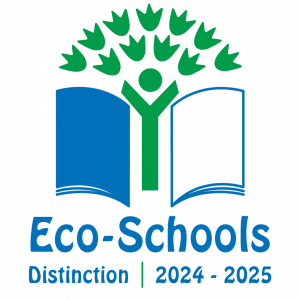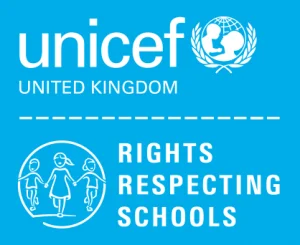The intent of the Topic curriculum is to deliver an integrated curriculum that includes humanities subjects (e.g., history, geography, and religious education) with literacy in English as the organising focus. It aims to develop key competencies in reading, writing, and interpersonal communication that are relevant for life, work, and further learning.
The curriculum is designed to enable students to see the connections between these subject areas through structured learning experiences and activities that encourage critical thinking and the motivation to learn.
The curriculum also supports the wider HV attributes and seeks to maximise students’ learning potential in these areas.
The Topic Curriculum is taught in Year 7 for all students at the Horizon learning space in the school. All students work to achieve proficiency in the designated learning outcomes.
The curriculum design enable’s both greater depth and breadth of knowledge and skills over its duration. To facilitate this, Instruction incorporates appropriate differentiation and personalization of learning experiences. Teachers plan their lessons and learning support to cater to different student competence and needs, working collaborative with teaching assistants.
The learning environment is carefully planned to facilitate a mixed attainment classroom setting, where teachers can circulate around the room to quickly identify different learning needs, adapt teaching methods to the situation, and employ ongoing focused feedback.
Students are encouraged to learn from each other and become self-directed in their learning. Key learning-to-learn strategies and skills are infused into the curriculum to support this.
The implementation of the curriculum is evaluated on an ongoing basis to provide best access and opportunity for all students to meet their potential. This is further facilitated through the promotion of a growth mindset, whereby students are shown that with effort and perseverance, meeting their learning goals is achievable.
Offsite learning and visiting speakers provide additional learning experiences to enrich the curriculum content. This also also encourages students to become more aware, inquisitive, and develop a positive mindset about the island they live on.
A range of assessment methods are employed to attain valid and reliable data on student learning, both collectively and at the individual level. The assessment approach focuses on accurately assessing student learning across key impact areas ( e.g., attainment, engagement, well-being) to identify the impact of its instructional strategies.
A key focus is on formative assessment in order to gain ongoing understanding of individual student learning needs, diagnosing areas of learning difficulty, and being able to re-design instruction to provide the best learning support possible.
Through a cost-effective assessment approach, based on the principles of good assessment, the impact of the curriculum is ascertained, improved, and articulation with other programs clearly identified.

